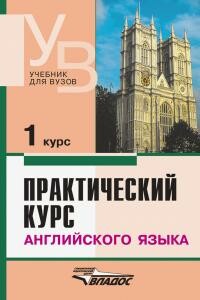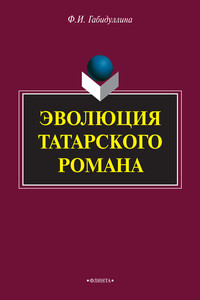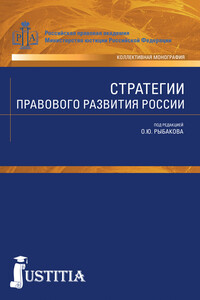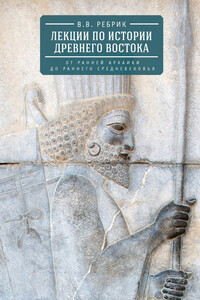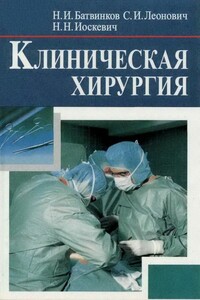Практический курс английского языка 2 курс. Ключи | страница 32
b) eat — ate, eaten, eating
fry — fried, fried, frying — жарить (на сковороде) roast — roasted, roasted, roasting — жарить (на огне, в ду ховке и т. п.)
accompany — accompanied, accompanied, accompanying
fill — filled, filled, filling
bring — brought, brought, bringing
c) full meal — a big meal, a substantial meal plain food — simple food
a sociable time — a time of friendly intercourse/socializing a housekeeping budget — the amount of money set aside to
pay for food and other things needed in the home to go under various names — to be known under (many)
different names social standing — position in society
Ex. Ill a), p. 144
delicious (about food) — very tasty
layer-cake — a cake consisting of several layers of dough
separated by cream, jam, etc. oven { лу(з)п] — a closed box used for cooking napkin — a usually square piece of cloth or paper used for
protecting ones clothes and for cleaning ones hands and
lips during a meal a big eater — a person who eats a lot
done to a turn — perfectly cooked, cooked neither too much nor too little
Unit Four PAGE47
seconds — 1. the second course of a meal; 2. another serving of the same food after you have eaten your first serving
Ex. VI, p. 145
1. Take another helping of salad. 2. I think Ill trouble you for another cup of tea. 3. Will you please pass on the sugar? 4. She is going to make some fish soup for dinner. 5. Marmalade is made from orange peel. 6. The egg is eaten with a small spoon. 7. Their meal consisted of two courses. 8. What can you recommend for the first course? 9. The meat is done to a turn. 10. No sugar for me, thank you. 11. At midday people have their meals at home or at/in the canteen. 12. Custard is made of eggs and milk. 13. The fish is just to my liking. 14. The evening meal goes under/by various names in England. 15.1 dont take milk with my tea. 16. Help yourself to some pastry. 17. Broth is made by boiling chicken. 18. Will you please hand over the salt-cellar? 19. What do you usually order for dessert? 20. The way to refuse a dish is by saying "No, thank you." 21. You may ask for a second helping.
Ex. VII, p. 146
1. Cornflakes with milk were/Cornflakes and milk was served for breakfast. Then came fried bacon. 2. It is impossible to imagine an English breakfast without toast. It is spread with butter and jam./It is buttered and spread with jam. 3. Breakfast is often eaten in haste/hastily because everybody is in a hurry. 4. Lunch/Dinner usually consists of two courses. Meat (The meat dish/course) is served with a lot of vegetables. Then conies stewed fruit. 5. The so-called "high tea" is rather a substantial meal. 6. He never minds/He is never averse to having something substantial, as he puts it. 7. There is nothing like strawberries with cream. 8. "Is the beefsteak good?" — "I think its underdone." — "And I think its done to a turn." 9. "What would you like for the second course/for seconds?" — "Some fish dish as usual." 10. For me there is nothing like chips if they are brown and crisp, of course. 11. "How many lumps of sugar?" — "Thank you, I take my tea without sugar. A slice of lemon, please."
Книги, похожие на Практический курс английского языка 2 курс. Ключи
